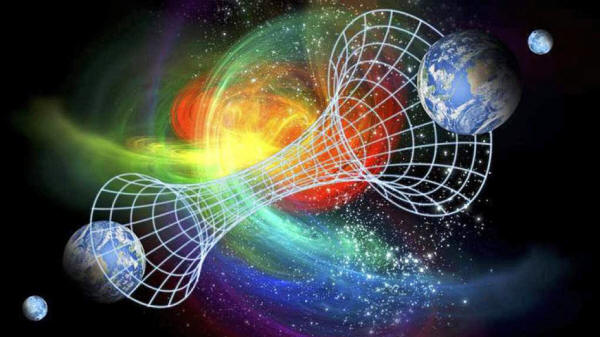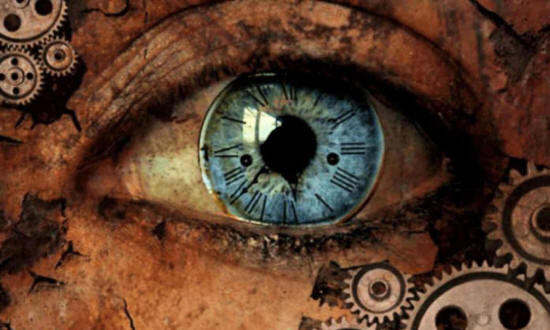|

by Cynthia McKanzie
August 10,
2017
from
MessageToEagle Website
Spanish
version

A controversial and intriguing theory suggests that 'false memories'
could be proof of parallel universes.
Scientists are naturally divided on this topic and most think false
memories are a result of how we misremember things. Yet, perhaps
there is more to it than we are aware of. It has been suggested that
people are sliding between multiple universes and that's how we can
create very odd memories of something we have never seen or heard in
this world.
We have previously
discussed the possibility that some of our
dreams may be glimpses of events taking place
in an alternate reality, a parallel Universe.
Another intriguing
theory is that
parallel
universes could explain the déjà vu phenomenon.
It's the feeling, or impression that you have already witnessed or
experienced a current situation.
For a long time,
this eerie sensation has been attributed to everything from
paranormal disturbances to neurological disorders, but it has also
been suggested that there is a hidden connection between déjà vu and
the existence of parallel universes.
The theory that 'false memories' can be traced to the existence of
parallel universes is rather new, but we will undoubtedly hear much
more about it in the near future.

Another intriguing possibility
is that there is a hidden connection
between déjà vu and
the existence of parallel universes.
The Mandela
Effect And It's Connection To Parallel Universes
The term 'Mandela Effect' was coined by blogger
Fiona Broome when she
discovered that she, along with many others, shared the same,
distinct memory of former South African President Nelson Mandela
dying in a South African prison in the 1980s.
Mandela died in 2013, in the comfort of his home, having served as
South Africa's President for some time after the 80s.
Basically, the Mandela Effect refers to a phenomenon in which
a large number of people share false memories of past events,
referred to as confabulation in psychiatry.
Some have speculated that
the memories are caused by parallel universes spilling into our own,
while others explain the phenomenon as a failure of collective
memory.
Gene A. Brewer,
Ph.D, an Associate Professor at Arizona state University's
Department of Psychology have studied memory through experiments and
neuro-imaging and he doesn't think there is a connection between
false memories and parallel universe.
"All of us fall
victim to false memory. We all misremember things, and we
do it in a stereotypical way," said Brewer.
"Our systems work
very similarly to one another. So I may have a false memory, you
may have a false memory, and those could be very similar to one
another," Professor Brewer said.
Why Do We Misremember
So Many Things?
According to Professor Brewer said it is due to recombination, or a
daily process in which a person's brain takes fragments from the
past, and tries to reassemble them in a way that makes sense.
"As you're trying to
remember what the Monopoly Man may have looked like, you may
inadvertently remember some bits and pieces about the planters
peanut man," said Professor Brewer.

Professor Brewer explained that a human brain remembers the "top ha"
* on both mascots, and subconsciously placed Mr. Peanut's eyeglass
onto Monopoly Man's face.
Professor Brewer said the
Mandela Effect can also be explained by a process called
collective remembering.
"We communicate false
memories through the groups that were associated to," said
Brewer.
"That leads to a
cultural false memory, where many people hold the same false
belief that things happened that didn't really happen."
Dave Campbell, a
medium and hypnotherapist has an entirely different opinion.
"Some people say past
lives, some people say our souls split in many pieces, and we
can experience many lives at the same time.
Sometimes, we have
similar inventions in different universes at the same time, like
microwave. In one universe, we might call it a microwave, and in
another universe, we call it a quick cooker," Campbell said.
It will take some strong
arguments and evidence to convince cognitive scientists that false
memories are the result of peoples' visits to parallel worlds,
especially since physicists still haven't found conclusive proof
that parallel worlds do exist.
But all controversial theories are intriguing and should be
investigated.
It cannot be denied that
there is still so much we do not know about the nature of space and
time, not to mention our role in the Universe...
| 



